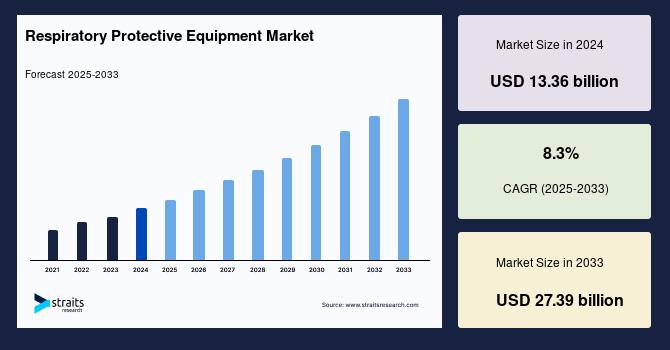Frontline workers are facing a significant challenge in their daily operations, with over 40% reporting that they “sometimes,” “rarely,” or “never” have access to the necessary ergonomic tools and equipment. This lack of support not only affects their productivity but also raises concerns about their long-term health and well-being. The findings from the National Safety Council highlight a critical gap in employer responsibility, suggesting that many organizations are failing to prioritize ergonomic considerations in their workplace environments. As the workforce evolves, the implications of neglecting ergonomic needs could lead to increased injury rates and decreased job satisfaction among employees.
Addressing these ergonomic deficiencies requires a multifaceted approach, emphasizing the need for employers to invest in proper tools and training. By fostering an environment that prioritizes ergonomic solutions, organizations can enhance worker safety and efficiency, ultimately leading to better overall performance. The report serves as a wake-up call for businesses to reassess their commitment to employee welfare, as the long-term benefits of ergonomic investments can significantly outweigh the initial costs, creating a healthier, more productive workforce.









